The linguistic dimension of the Spanish (Catalan) curriculum in secondary education promotes students to produce oral texts of different sorts stressing its appropriateness, coherence, cohesion, and linguistic correctness, using the relevant prosodic and non-verbal elements[2]. Why is not enough time devoted to it? One of the common reasons is that we come from an academic tradition: written language is its priority element. It is also considered that working on the spoken language is a task that can be improvised, which serves to complement the other dimensions. That’s a wrong approach, in my view.
The planning and production of oral texts to clearly and rigorously express one’s own ideas require a good selection and interpretation of the consulted sources of information, planning the linguistic register to be used, working on aspects of prosody (pronunciation, intonation, fluency, etc.), ensuring the corresponding linguistic correction, structuring well what one wishes to communicate, etc. Using a guide or a rubric adapted to each stage or typology can be a good tool for being clear about the performance criteria to be taken into account.
There are many possibilities for working on it in the classroom. We can take advantage of ordinary academic tasks: ask them to make presentations on the different subjects, comment or debate on curricular content-based topics, carry out a school radio programme, present a previously prepared material, etc. It should be kept in mind that working on this competence is not the exclusive task of the language teacher. Still, it would be much more helpful and productive to plan it in a coordinated way among the whole teaching team. Nor should we forget that audiovisual communication tools and information and communication technologies make it easier for orality to be expressed through these languages and supports.
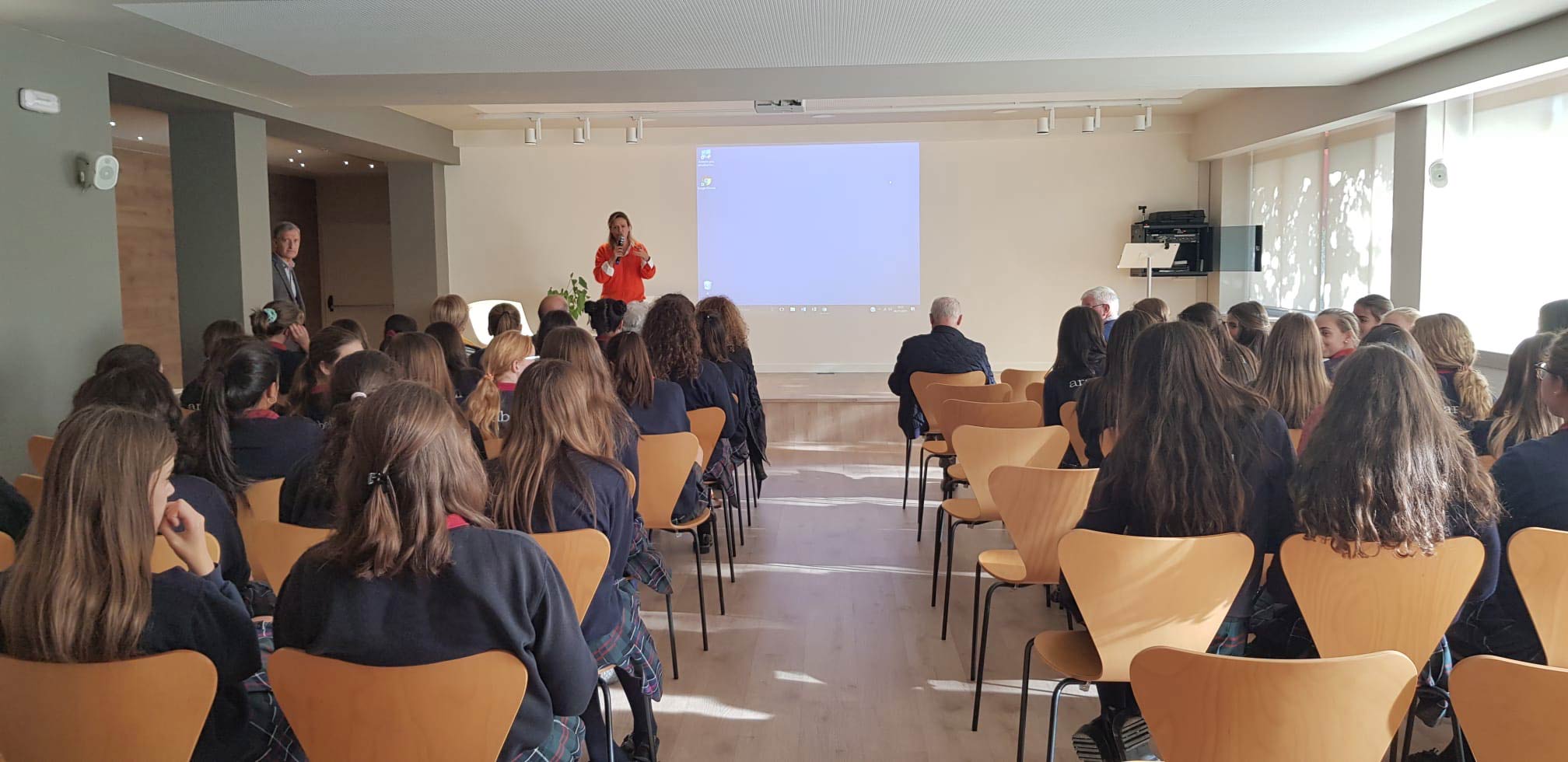
This competence is not the exclusive task of the language teacher
It is a question of making it possible for our students to participate in real, contextualised communicative tasks: the interaction with their classmates will allow them to incorporate both the verbal and non-verbal skills into their learning portfolio. That will facilitate effective and valuable communication skills to exercise their citizenship in a complex and plural society such as ours. It is always a good time to vindicate the importance of humanities (Philology, Art, Philosophy, etc…) in the educational system: by doing so, we will avoid, among other consequences, the disregard for the correct use of language, which is the essential ally of thought.
Speaking and thinking
Oral expression eases the elaboration and expression of ideas or opinions without forgetting its intrinsic relationship with the whole field of emotions. Moreover, it is a relevant factor in constructing one’s thinking. As we already know, thinking is a central aspect that characterises us as a species. In case in point, oral communication also has a lot to do with students’ lexical repertoire. Our experience is that the richer the available vocabulary, the more lucid and comprehensible the message to be conveyed can be. The Athenian Pericles said:
Who knows how to think but does not know how to express what he thinks is on the same level as the one who does not know how to think.
We know that language is a necessary tool in knowledge acquisition in different disciplines. Working in oral communication helps construct arguments and critical thinking, distinguish facts from opinions, make decisions, and ask questions. So, it has a specific weight in learning, mainly with what has to do with the understanding of content and its corresponding critical reflection.
Working in oral communication helps construct arguments and critical thinking, distinguish facts from opinions, make decisions
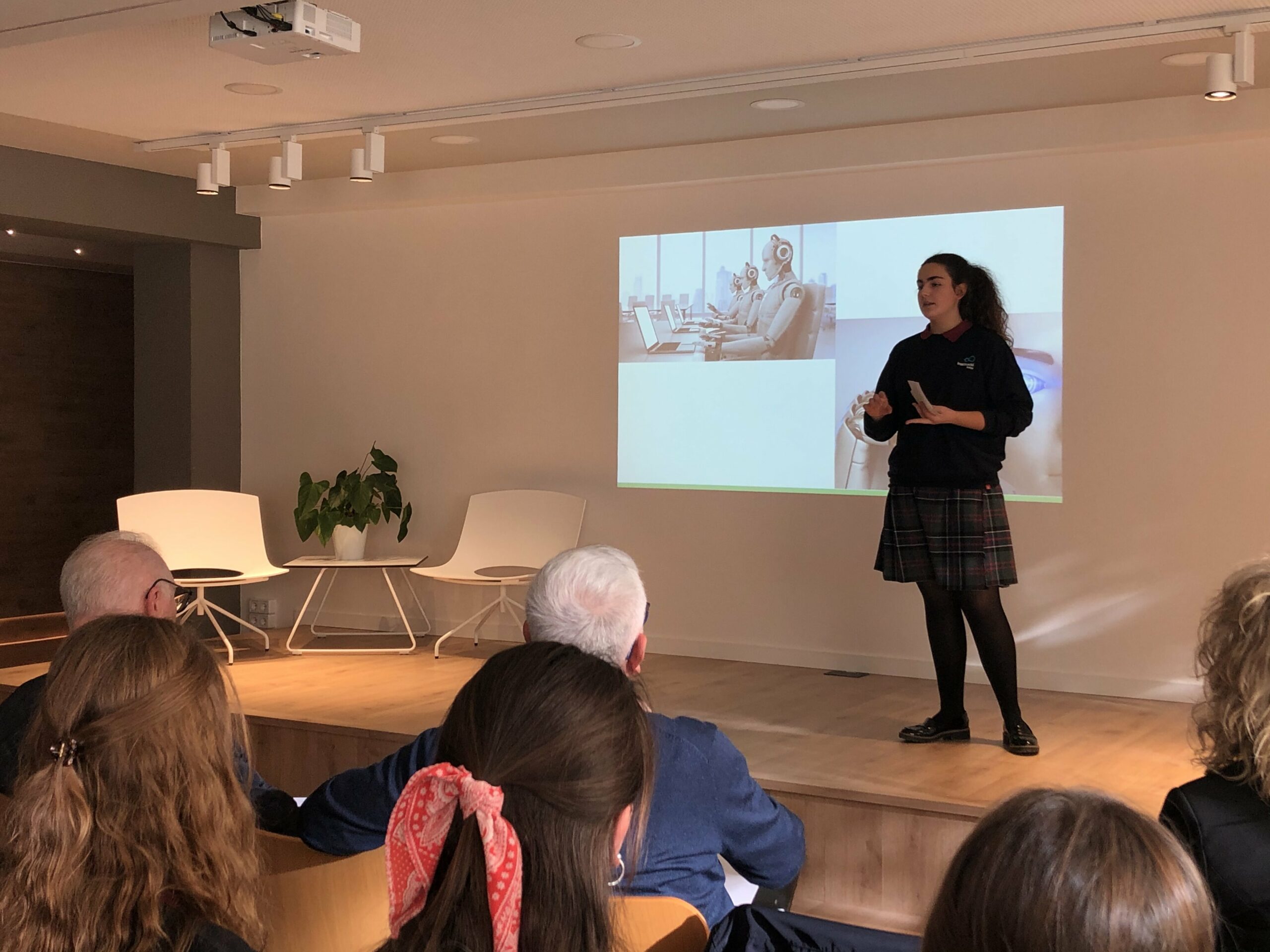
TEDIS: more than just a speech contest
Being aware of the importance of this skill for young people, Impuls Educació organises the annual TEDIS competition[3], which in 2017 premiered its first in-person format. Its slogans have been related to one of the seventeen Sustainable Development Goals of the 2030 Agenda approved by the UN; this year’s slogan was: Impact of quality education on the future of children and young people (SDG4). According to the organisation, linking this competition with the school has its reason for being, it is considered that:
Speaking and writing with skill, listening with empathy, learning from others, being open to different mentalities and knowing how to dialogue with everyone, together with an excellent humanistic education become a necessity for learning[4].
The project, for now, focuses on discourse. Still, the aim is to move towards a debating league among secondary school students. To make this possible, the study centre offers specific resources for teachers to guide them in the process and to incorporate it into the curriculum of each of the courses. Body language, voice modulation and volume and argumentation are some criteria considered by the jury for each edition of the competition, which can be checked in this section[5].

Body language, voice modulation and volume and argumentation are some criteria considered by the jury for each edition of the competition
Practical tips for an effective speech
Before giving an oral presentation on a subject, we must be clear that we cannot improvise. Mark Twain was evident when he said:
It usually takes me more than three weeks to prepare a good impromptu speech.
The following tips may be helpful:
- Be well-informed about the central theme of your speech. Decide which sources of information are reliable and which are not.
- Think about a good presentation that goes beyond the greeting before the introduction of the topic. The main idea of the message must be clear and adapted to the audience we are addressing.
- Capture the audience’s attention by carefully selecting the words to be used, which must be understandable, pleasant and concrete.
- Control the time available.
- Select linguistic strategies, quotations, data or anecdotes very well and use them in the proper context if they help make the message more attractive and understandable. It makes it easier to speak naturally.
- Look for a farewell formula that is not of the type: That’s all. Thank you very much.
References
[1] Competence 7 of the linguistic area. Curriculum de l’ESO. 2015. Generalitat de Catalunya.
[2] Competence 8 of the linguistic area. Curriculum de l’ESO. 2015. Generalitat de Catalunya.
[3] TEDIS: School Speech Tournament
[4] AUDE project. https://www.aude.cat/linies/competencia-global/ [Consultation: 18/05/2021][5] https://impulseducacio.org/2021/01/19/tedis-online-2021-educacion-de-calidad-por-que-es-importante/?lang=es [Consultation: 18/5/2021]
You might also like

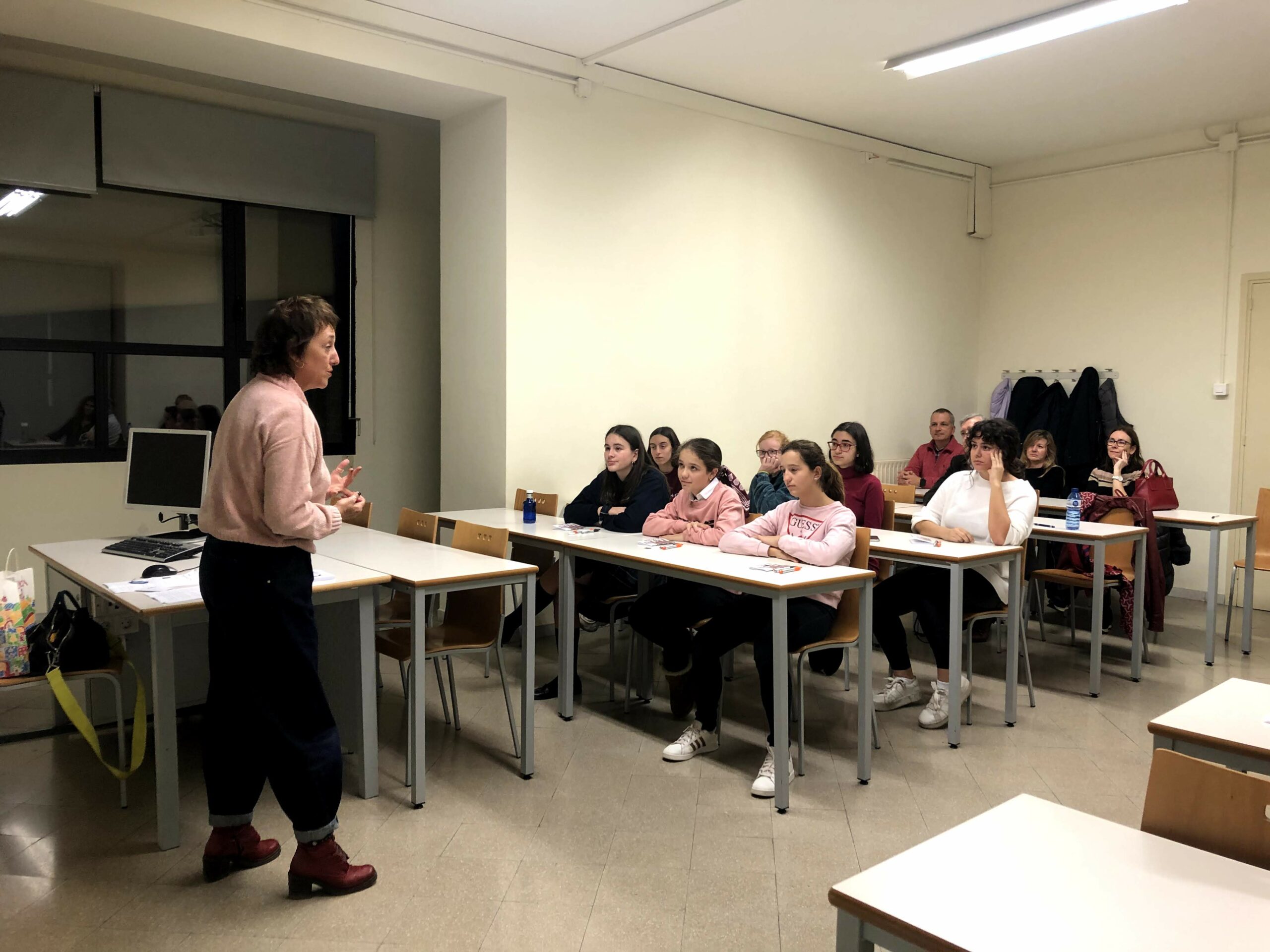

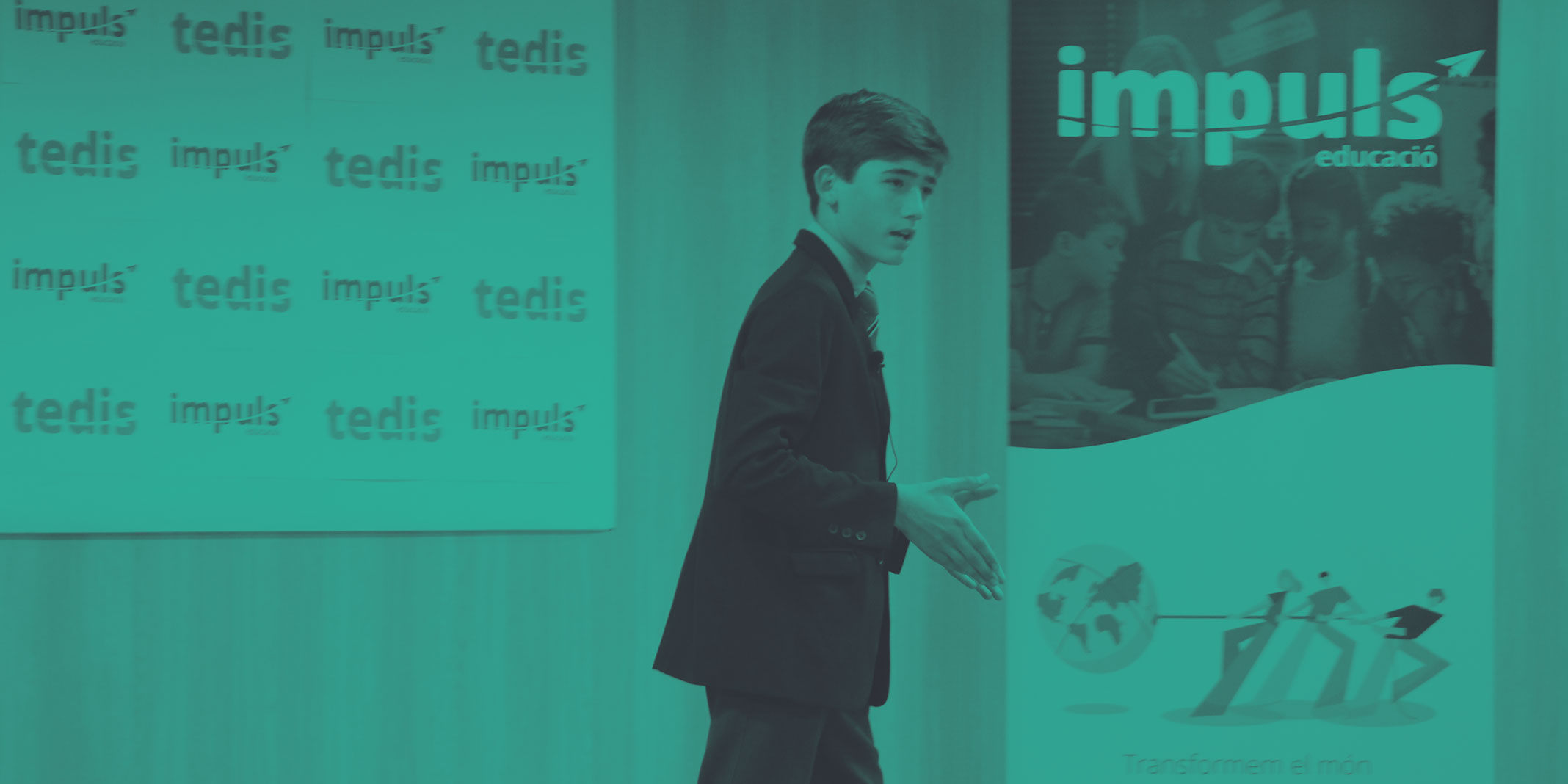


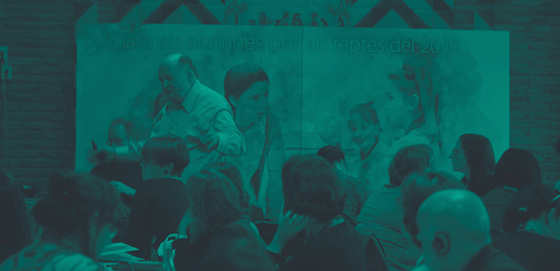
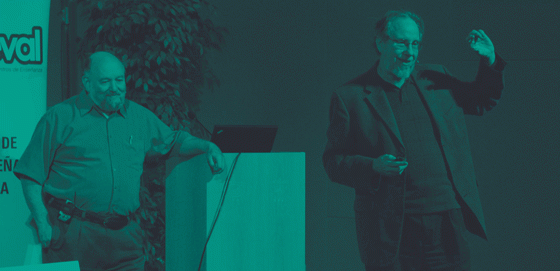

Leave A Comment